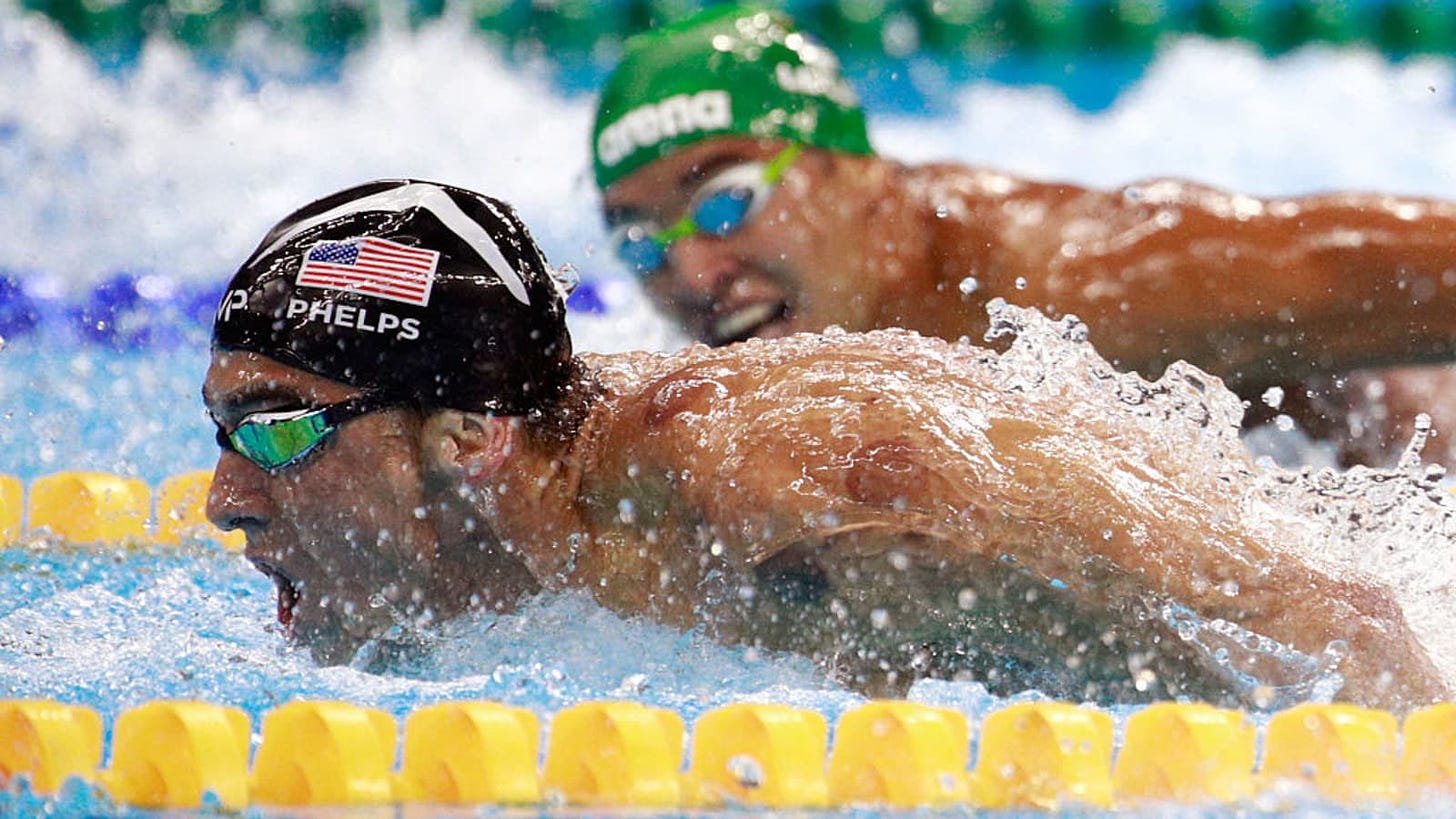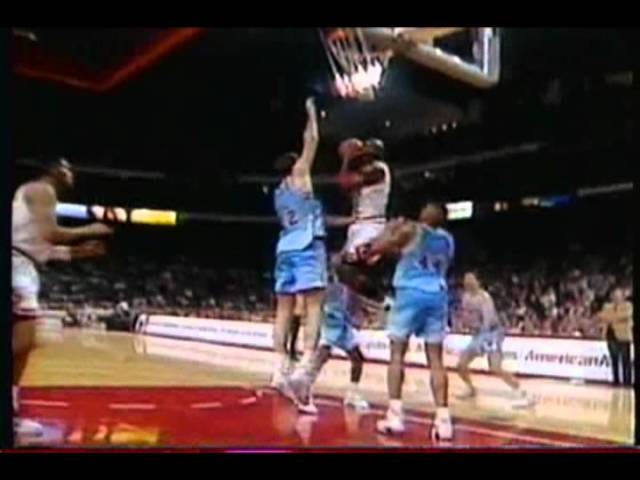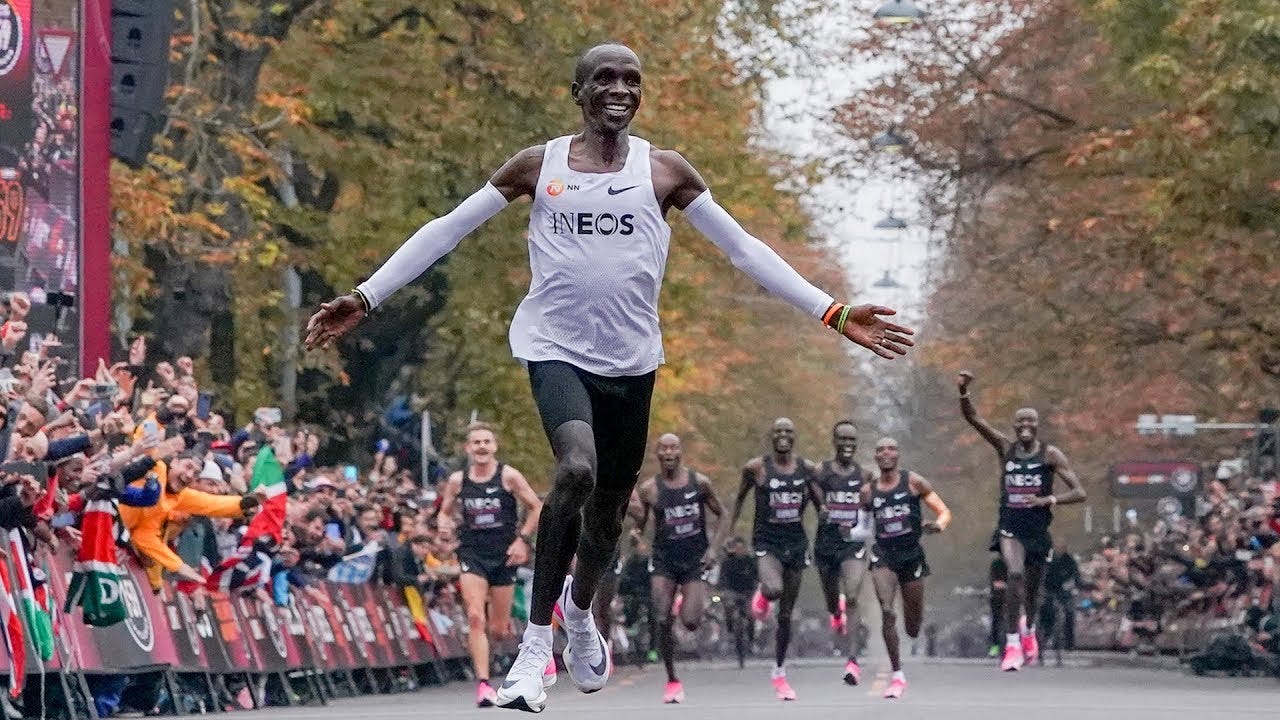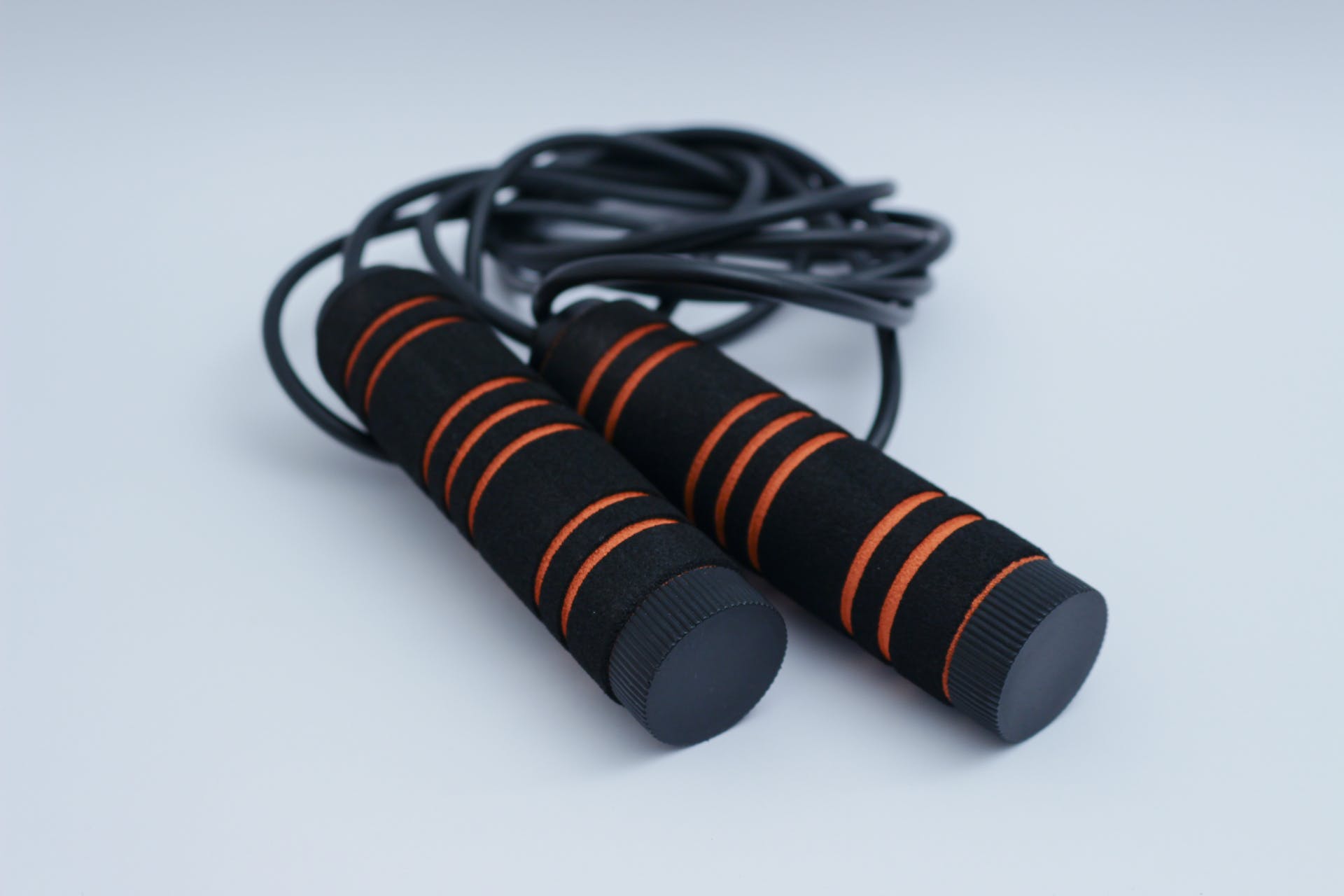Since I recently and temporarily moved to Mexico, I’ve taken up boxing.
In my recent boxing sessions, I’ve discovered a theme.
My trainer constantly has to remind me during our intense, sweat-dripping sessions: “tranqui”… “tranqui”.
“Tranqui” is Spanish for “calm down”.
Every time he says it, I always give a slight smirk and smile.
Why smile?
Because. I know he is right.
Yet, after some cooling down, I notice my jabs, hooks, and uppercuts resorting back to the old pattern of aggressively punching more than I need to.
“Tranqui”… “Tranqui”.
I still want to puncture my trainers punching mitts.
“Tranqui”.
It’s like my goal is to pound his gloves and rip them to shreds, so he has to buy new ones each week.
It’s within these small exchanges, wherein lies the theme:
Boxing represents what I am learning about patience in this life.
There is a difference between a purpose-filled, mission-driven pursuit and wanting growth to happen so fast, that it actually doesn’t happen at all.
Boxing is a practice in which you shouldn’t force it.
See, if I box with impatience in my sessions, my feet don’t bounce as though I have small springs in my shoes. Instead they become like concrete stones in the ground.
That leads to my focus becoming targeted on throwing a harder punch. This leads to lack of focus on my feet.
Which leads to the cadence in my rhythm being off.
Leading to improper breathing.
To missing punches.
To overthinking.
Ending with me getting KNOCKED THE _____ OUT.
In boxing, when I’m focused on aggressive movements, my punches don’t connect with the ooopmffhh they should.
By forcing a punch, there is actually no force or actual strength in the punch itself. It has the opposite intended effect.
It’s just off.
But, what if I didn’t force it?
What if I’m in that zone?
When I box with proper fundamentals, in a calm and collected state, it produces the performance I desire.
Boxing becomes a dance, not a rushed performance.
My eyes lock in on the opponent, only moving when I need to. I don’t hurriedly anticipate. I move my head to dodge a jab or twist my hips along with my upper body to dodge another.
I float from foot to foot as I shift from side to side and then attack from back to front.
I can step with confidence and close the distance between my opponent and me knowing I have the upper hand – and the upper hook.
There is no worry in patiently waiting for the correct moment to throw a right hook.
Yet, there is more decisiveness to each of my actions.
“Slow is smooth, smooth is fast.” (Mitsuyo “count Koma” Maeda)
Observe these legends in the different facets of sport:
What makes Michael Phelps swimming so mesmerizing? What is it exactly?

Why does Michael Jordan look like he floats when he jumps – especially his layup in the February 16th, 1991 game against the Nets?

What do you notice when you see Eliud Kipchoge running – even at a cheetah-like speed of 4:34/mile (2:50/km)?

Focus. That’s it.
You can’t flow, if you’re not focused.
As Tim Grover said in page 124 of his book, Relentless:
“When you’re young, you have one speed – fast.
As you mature, you learn to vary your speed based on the situation: you know when to go slow, when to go full out.
Here’s the example I give my players: Two bulls stand on a hill, a father and a son, looking down on a field of cows below.
The son can’t wait: “Come on, let’s go, we gotta run down and get some of those cows!”
And the father looks at him slowly, wisely, and says, “No, let’s walk down and get all the cows.” Instinct, not impulse.”
Two weeks ago, I was talking on the phone with a good friend who said something that has been on a cycle in my mind since.
He said, “God is like the trainer in the boxing ring of your life.”
When he said this, a volcano of thoughts erupted into my consciousness. I stopped walking.
Of the many thoughts, one lingered the most:
Why do I default to following my impatience in a boxing session, instead of abiding by the technique I’ve been practicing with my trainer? Do I really trust my fleeting feelings more than my all-knowing boxing trainer?
I started walking again.
I then think the same thought again, but replace “trainer –> God” and “boxing session –> life”:
Why do I default to following my impatience in life, instead of abiding by the technique I’ve been practicing with God? Do I really trust my fleeting feelings more than my all-knowing God?
Just like in boxing, when it comes to life, the consequences of forcing something is apparent.
Early stages of dating in my past relationships: Why do I want to know about my entire partner’s life within the first day of meeting her? Because I want to get to the end result. Fast.
I always thought I was coming from a place of genuine love, yet I was actually impatient. Instead of drawing closer to the other person, she went further away. It was too much. Too fast.
Boxing: Why do I want to land a punch with such aggression? Because I want it to connect the punch so much that all the fundamentals are forgotten at that exact moment of throwing the punch. Feelings overrode the fundamentals. Too fast.
As a jockey whips a horse to guide it to the finish line, it seems that boxing is a whip that is disciplining me, and humbling me, into learning how to apply patience. I’m grateful to God to learn about such an important trait in the controlled arena of a ring.
I’m truly learning and applying my dad’s relationship wisdom that I mentioned in my last essay.
As my dad said, “You can never hurt the other person by going slower, but you can blow it up by going too fast.”
Just as Tim Grover referred to in the quote earlier in this essay: there is a time to run and there is a time to walk.
My ambition and driven attitude is simply a tool. But only if it is controlled.
It’s not a bad thing that I’m aggressively-passionate in certain situations and in relationships.
It’s just not a good thing when I use it improperly and uncontrollably. I need to channel my aggression in the ring, the same way I need to channel my driven-mentality in life.
It’s not just about slowing down. It’s about being present.
With much time, I am learning.
I am flowing.
Tranqui.
“Do not be anxious about anything, but in every situation, by prayer and petition, with thanksgiving, present your requests to God.” (Philippians 4:6)

HUGE thanks to
,
, and Samantha Law.
You get the crowns for feedback king and queens. I appreciate all your help. Muchas gracias!
Here is my website – you can find more stories, quotes, and deep dives here.
Each comment is helpful feedback for me to become a better writer and also connect with you more – let me know your thoughts on this piece
If you enjoyed – share with others ↓






